Admissions
Reach out to us today to learn more about our admission process.
Learn more about our:
Criteria for Admission
Who we can help:
- Medically stable adolescents.
- Adolescents age 12-17 years.
- Adolescents with a full scale IQ of 80 as a minimum.
- Adolescents must present one or more of the following conditions:
Conditions that exclude a youth:
- Adolescents physically unable to adequately care for themselves.
- Adolescents with a history or level of aggression that could compromise the safety of the milieu (social environment).
- Adolescents who exhibit behaviors more consistent with an acute psychiatric hospital level of care.
Admission Information
At Tamarack Center, we carefully evaluate each youth for admission to ensure they receive the most appropriate care. This includes verifying medical stability to participate in our program.
We accept young people of all genders between the ages of 12 and 17. We assess their cognitive abilities to ensure they can understand and actively participate in the psycho-educational treatment offered within our psychiatric setting and review medical records to determine if our program is the right fit for their treatment needs.
Things to bring
Items to consider:
Clothing:
- Click the Printable Clothing Policy for guidelines on the type of clothing to bring with your child.
- Click on the Clothing Inventory to see guidelines on the amount of clothing to bring
Personal hygiene products:
- Tamarack provides personal hygiene products such as soap, shampoo, and conditioner for the residents. Some residents prefer to bring in their own specific brand of hygiene product rather than use the ones supplied by Tamarack. Makeup is allowed but glass/mirrors need to be removed.
Bedding:
- Tamarack provides bedding (sheets, comforter, pillow); if a resident prefers their own pillow or comforter, they are allowed to bring these from home.
Music/Technology:
- Music – residents are allowed to bring in music players such as cd players, radios, and mp3 players. However due to resident privacy rights, no iPod or similar player which have the capability of taking pictures/videos are allowed.
- No personal gaming systems are allowed.
- No cell phones are allowed. Residents have daily phone time in which to talk with family or friends.
It’s important our records are current, and that we have up-to-date prescription information.
- Immunization records
- Insurance card
- Current medications
- Your child’s social security number
- List of your child’s current providers (both medical and mental health)
Insurance & Fees
Private Insurance
Some of the residential beds at Tamarack are funded privately through family’s insurance plans. Tamarack currently works with Tricare, Kaiser, First Choice Health, and Asuris to provide the needed residential services.
It is suggested that parents with insurance first contact their insurance companies to find out if their benefits include residential services. Insurance companies often have specific processes to follow in order for a child to be authorized for residential services.
State-Funded
Some of the residential beds at Tamarack are state-funded through Washington’s Children’s Long-Term Inpatient Program (CLIP). CLIP funding is available to any Washington state resident who meets the psychiatric criteria established by the Washington state CLIP guidelines.
Having a child placed through CLIP starts at the county level. The following is a link to the state’s CLIP website where you can get further information as well as look up your local MCO contact if you are interested in pursuing a residential placement through the CLIP program. www.clipadministration.org
Often times, the question of parent’s income level often comes up in relation to eligibility for CLIP placement. CLIP is a statewide program which is based on the child’s psychiatric needs and is not dependent on parent’s socio-economic level. Children do not need to be on Medicaid to be eligible for CLIP funding. Many children have been placed through CLIP funding who are not on Medicaid but the family’s insurance does not cover residential care or their benefits have been exhausted.
Give your Teen the Tools to Grow and succeed in life





